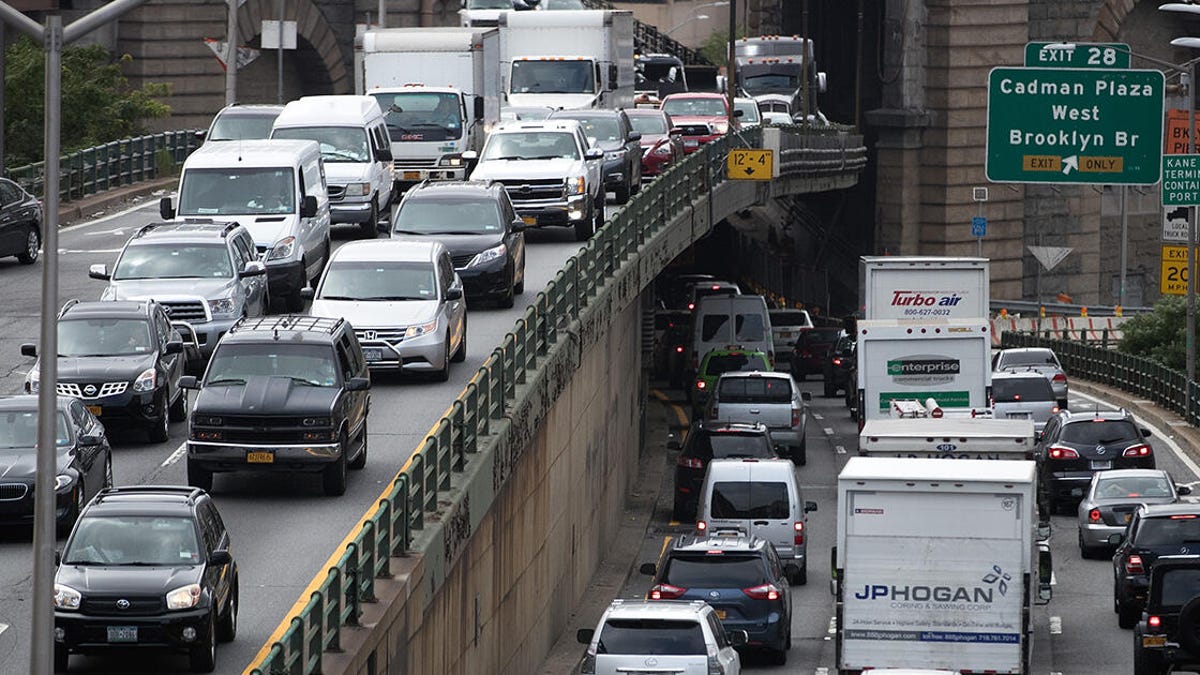The reality is, as long as we keep doing agriculture and forestry, you're going to have to have some of both rural and urban. The optimist says be as efficient as possible, the pessimist says it doesn't matter at this point.
I don't see how more people overall helps anything at this stage, and less would be better if it isn't too late.
But we all do the best we can. I hope.
It takes us about 3-4 kWh to drive round trip to the grocery in the car, much less when weather permits us to take the ebike with trailer and tow up to 90 lbs.
I moved here to support the rural community and live outside of town on land that is not useful agriculturally. We are net zero solar and have our own woodlot for heat, generally burning trees cut for fire mitigation. We are surrounded by wildfires every summer, this one no exception, so I do consider my efficient burning in a woodstove a positive.
I don't see how more people overall helps anything at this stage, and less would be better if it isn't too late.
But we all do the best we can. I hope.
It takes us about 3-4 kWh to drive round trip to the grocery in the car, much less when weather permits us to take the ebike with trailer and tow up to 90 lbs.
I moved here to support the rural community and live outside of town on land that is not useful agriculturally. We are net zero solar and have our own woodlot for heat, generally burning trees cut for fire mitigation. We are surrounded by wildfires every summer, this one no exception, so I do consider my efficient burning in a woodstove a positive.




